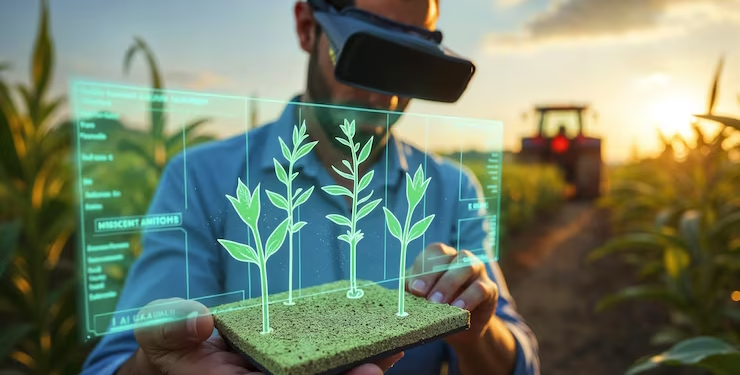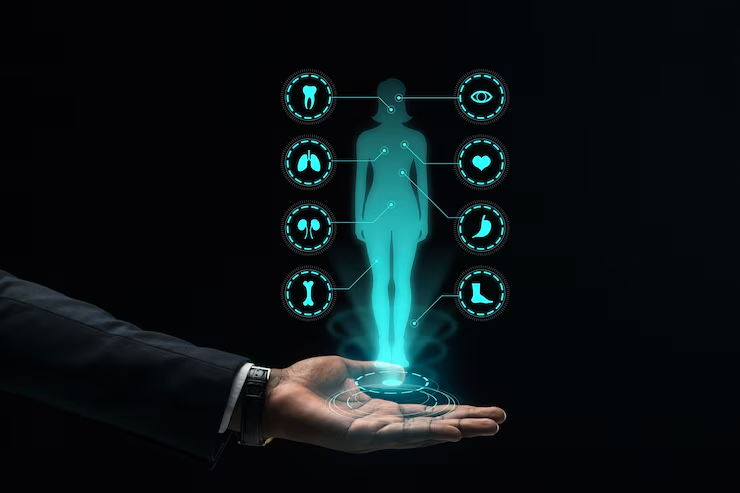In a world driven by rapid technological advancements and a growing emphasis on sustainability, a new paradigm is emerging: Erothtos. This groundbreaking concept is poised to redefine industries, bridge gaps between innovation and eco-conscious practices, and unlock unprecedented opportunities for growth. But what exactly is Erothtos, and why should businesses and individuals pay attention? In this deep dive, we’ll explore its origins, applications, benefits, and the challenges it faces, while shedding light on how it could shape the future.
What is Erothtos?
Erothtos (pronounced eh-ROTH-tos) is a holistic framework designed to integrate cutting-edge technology with sustainable practices. Derived from the fusion of “eco” (relating to the environment) and “ethos” (a guiding philosophy), Erothtos represents a commitment to balancing progress with planetary responsibility. Unlike traditional models that prioritize profit or efficiency alone, Erothtos emphasizes:
- Circular Economies: Minimizing waste by reusing and recycling resources.
- Renewable Energy Integration: Leveraging solar, wind, and bioenergy solutions.
- Smart Technology: Using AI, IoT, and blockchain to optimize systems.
- Ethical Collaboration: Encouraging cross-industry partnerships for shared goals.
While still evolving, Erothtos has already gained traction in sectors like manufacturing, urban planning, and agriculture, offering a blueprint for a greener, smarter future.
Why Erothtos Matters: 5 Key Benefits
1. Environmental Preservation
Erothtos tackles climate change head-on by reducing carbon footprints. For instance, companies adopting its principles report up to 40% lower emissions through energy-efficient processes and waste-to-resource initiatives. Its focus on circularity ensures materials stay in use longer, curbing landfill dependency.
2. Economic Resilience
By prioritizing renewable resources, businesses mitigate risks tied to fossil fuel volatility. A 2023 study found that organizations aligned with Erothtos saw a 25% reduction in operational costs over five years, thanks to smarter resource allocation and automation.
3. Enhanced Consumer Trust
Modern consumers demand transparency and sustainability. Brands embracing Erothtos principles often experience stronger loyalty, as 68% of buyers prefer eco-conscious companies (Source: Nielsen Global Survey).
4. Technological Synergy
Erothtos thrives on interconnectivity. Smart grids, AI-driven supply chains, and blockchain-enabled traceability create seamless systems that boost efficiency while maintaining ethical standards.
5. Global Scalability
From megacities to rural communities, adapts to diverse contexts. For example, its modular energy solutions empower off-grid regions, fostering inclusive growth.
Challenges Facing Erothtos Adoption
Despite its promise, Erothtos isn’t without hurdles:
- High Initial Costs: Transitioning to renewable infrastructure requires significant investment.
- Regulatory Fragmentation: Inconsistent global policies slow large-scale implementation.
- Cultural Resistance: Industries accustomed to traditional models may resist change.
- Technological Gaps: Emerging markets often lack the tools to adopt frameworks fully.
Addressing these challenges demands collaboration between governments, corporations, and communities.
Erothtos in Action: Real-World Applications
Sustainable Agriculture
Farmers using Erothtos principles employ precision agriculture tools like soil sensors and drone monitoring to reduce water use by 30% while increasing yields.
Green Urban Development
Cities like Copenhagen and Singapore are testing -inspired smart grids and vertical farms, aiming for carbon neutrality by 2030.
Eco-Friendly Manufacturing
Automakers such as Tesla and Rivian utilize closed-loop production systems, recycling materials like aluminum and batteries to align with goals.
The Future of Erothtos: Trends to Watch
- AI-Driven Optimization: Machine learning will refine resource management, predicting demand and reducing waste.
- Policy Harmonization: Global agreements may standardize sustainability metrics, easing adoption.
- Consumer-Led Demand: As awareness grows, public pressure will push industries to adopt faster.
- Space for Innovation: Startups focusing on biodegradable materials or carbon capture tech will thrive under this framework.
Conclusion
Erothtos isn’t just a buzzword—it’s a transformative movement reshaping how we approach progress. By marrying technology with sustainability, it offers a path to a resilient, equitable future. While challenges remain, the collective effort of innovators, policymakers, and consumers can turn from a concept into a global standard.






